Unlocking ADHD writer Constance Thum attended the fireside chat featuring the Founder of Unlocking ADHD to find out the personal side of ADHD

On August 3, 2021, Jancy Chua-Nugroho of A Special Door, sat down with Moonlake Lee, the founder of Unlocking ADHD, to have a heartfelt conversation about ADHD. During the one hour Tune in Tuesday session, Moonlake shared important takeaways on how an ADHD diagnosis changed her life and that of her daughter’s.
A Personal Journey Recounted
A common trend is for ADHD to be first detected and diagnosed in children before parents themselves are diagnosed. Many parents are largely unaware of ADHD, only learning more about the condition and identifying with the symptoms after bringing their child to a professional. ADHD also has a genetic link, which means there is a likelihood that both parent and child may have ADHD.
Like Moonlake, individuals with undiagnosed or suspected ADHD may find themselves overwhelmed with many personal and professional commitments. Bringing up Dr Edward Hallowell’s observation that many people have ADHD traits, Moonlake emphasised that “a formal diagnosis is critical if ADHD symptoms are impairing your life.
Experience as an ADHD Parent
Moonlake’s daughter had previously fared poorly from an academic perspective. She was almost retained one year in school at the end of her Secondary Three year. If nothing changed, her academic and career options would have been rather limited. After being diagnosed with ADHD, Moonlake’s daughter was able to reconcile her perceived academic limitations with her actual intellectual potential. She did significantly better at school and even won some academic awards for the first time in 10 years.
Less than 3 years after her diagnosis, her daughter has received a conditional offer to study dentistry in the UK and is waiting for her exam results to see if she can secure her offer. Moonlake’s daughter’s trajectory had dramatically changed with a diagnosis of her condition, and with support from her healthcare professionals, school, friends and family. It literally takes a village to raise a child, which is why having a supportive community is so important.
Experience as an ADHD Adult
Besides changing one’s life trajectory, the empathy and understanding that may come with a diagnosis can improve relationships by “giving context to the way ADHDers do things”.
Rather than denying or avoiding the condition, Moonlake likewise encourages individuals to get diagnosed and to accept ADHD as part of their life rather than having perpetual feelings of failure, confusion, and anxiety by remaining unaware of the condition.
Three most important learnings
- Relationship: The most important and fundamental strategy to managing your child, ADHD or not, is to build on the parent-child relationship. Building on the relationship before your child’s puberty years is important as that is the age when the parent child relationship comes under a lot of pressure. A close relationship and established trust can help the family tide through uncertainties in life.
- Communication: Communication with an emphasis on rationality rather than being emotionally driven, may be more effective in making the best decision at that moment based on facts, rather than feelings.
- Structure: Creating structure through routines and a time table may help ADHD individuals organise their life better. Nonetheless, to avoid rigidity, structures can be balanced with flexibility that comes from taking the human element into consideration, e.g. allowing for fatigue, chill time and family fun. It is understandable that we cannot achieve everything, but it is better to complete 80% of a plan than to have no plan. For ADHD mothers with an ADHD child, they should be reminded to have self-compassion and to accept less than perfection while still doing one’s best. By simplifying one’s life and learning to say “no”, we may free up time to do other meaningful things.
On the Use of Medication
Medication may be likened to wearing glasses – without glasses, you strain your eyes and expand a lot of energy just in trying to see.
- Medication helps children access their learning. Postponing medication without an effective substitute may waste precious time that could be spent on learning but is now lost, and make it difficult for an ADHD child to catch up on their studies.
- Delayed medication may also lead to tension within the family by affecting the couple’s relationship and the parent-child relationship. ADHD medication should simply be viewed as one of several tools to manage the condition. ADHD treatment is best approached from a multifaceted approach with a combination of tools being used such as medication, support groups, therapy, etc for sustainable behavioural management.
About Unlocking ADHD
Unlocking ADHD’s Mission is to Empower ADHDers and their Families to Live Life to the Fullest.. She hopes to close the information and resource gap in Singapore to help the ADHD Community regain some control over their lives. Beyond this, for ADHDers to maximize their potential. The key message, Moonlake reveals, is to “have Hope and to Thrive”. For more information about ADHD and to access resources, please visit the Unlocking ADHD website: www.unlockingadhd.com
About A Special Door
A Special Door is founded and directed by Jancy Chua-Nugroho, who believes in the potential of every child, with or without special needs. Jancy knows the importance of valuing a child as a child first, before addressing the areas of special needs. A Special Door runs home-based early intervention programmes, as well as learning and behavior support programmes for students from the preschool to mid-primary levels. The programmes are curated based on ‘Strengths-Empathy-Engagement-Knowledge’ aka S.E.E.K – an in-house approach that builds on Jancy’s more than 17 years of experience in working with children with special needs. To find out more about A Special Door and its offerings, please visit www.aspecialdoor.com.sg or ‘like’ www.facebook.com/aspecialdoorSG to get connected.





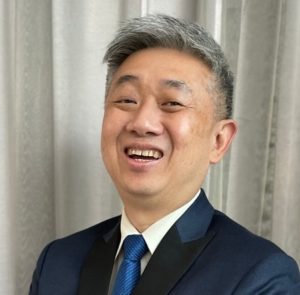
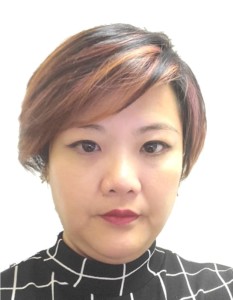
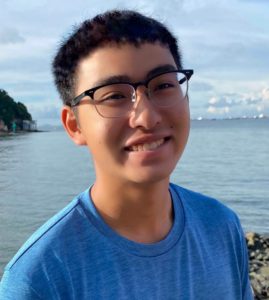











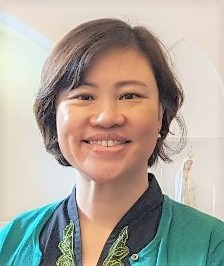















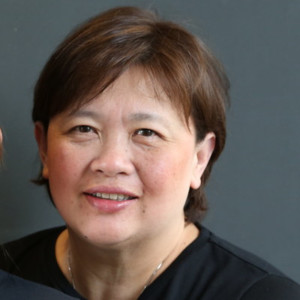
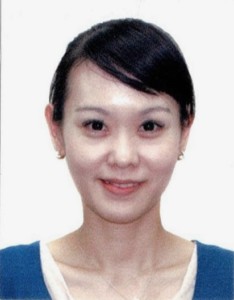















Leave a Reply